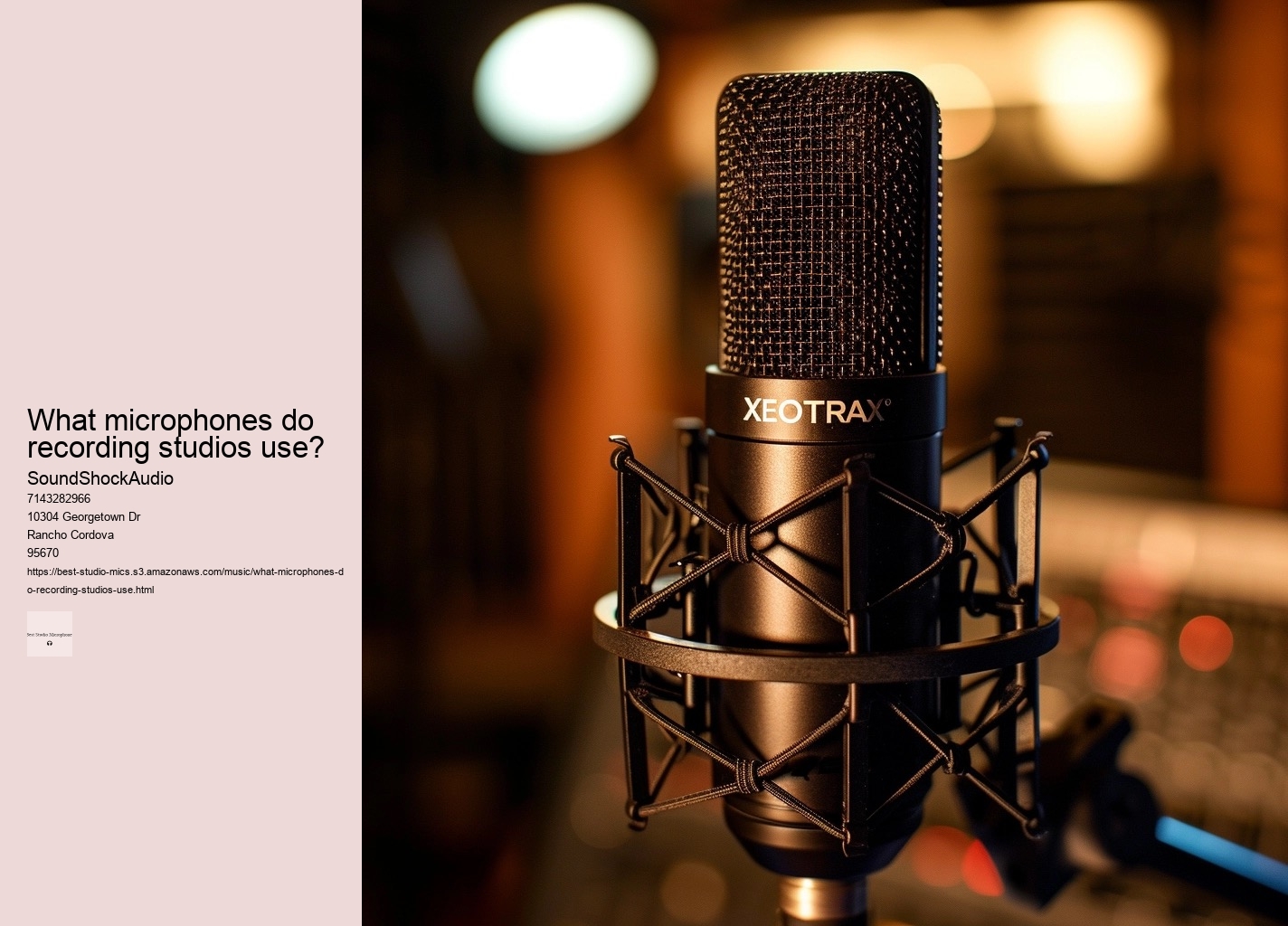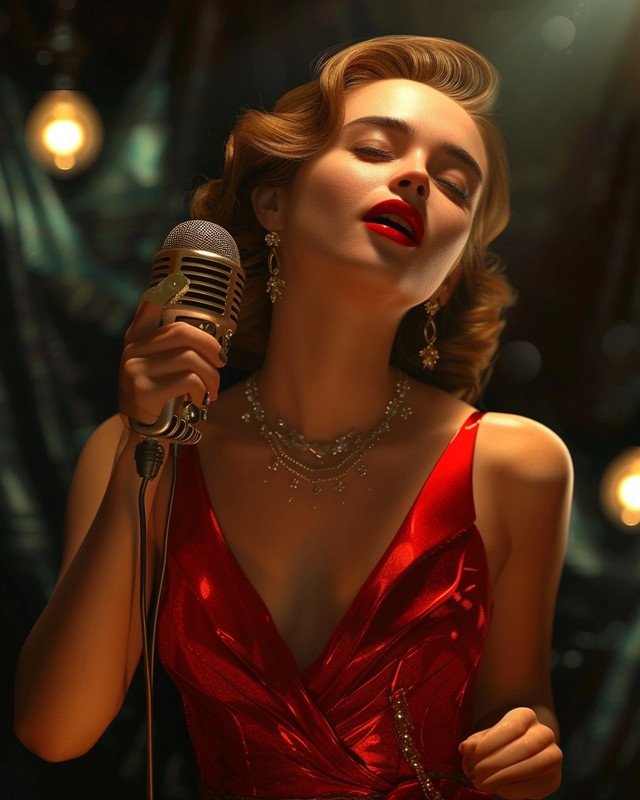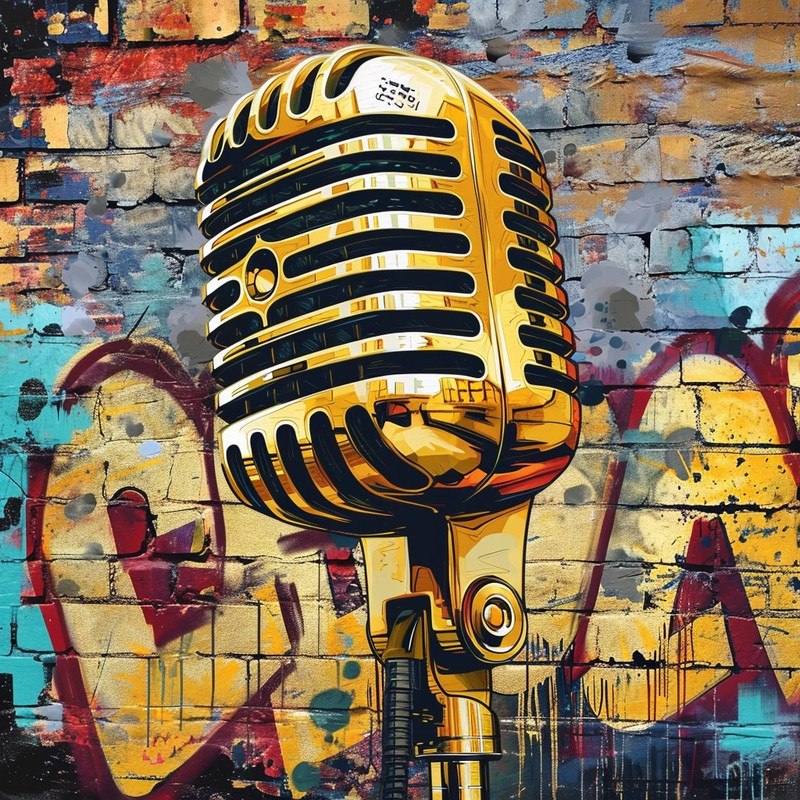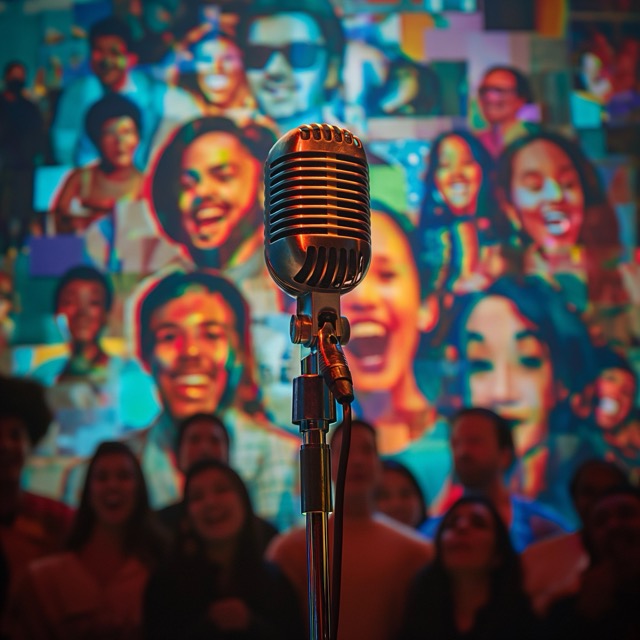

You will need to use an A/D converter in order to integrate it into your DAW. Ultimately, attaining studio-quality sound hinges not only on having exceptional equipment but also on mastering its employment within spatial contexts. It's an excellent mic. To find out which microphone to buy, check out the best studio microphones on SoundShockAudio..
JavaScript appears to be disabled on your browser. yeti The pursuit of clarity in recordings thus becomes an exercise in adaptation; it requires understanding both your environment's limitations and aspirations.
But what stands as the paramount studio microphone? This signal is most often sent to a studio headphone or monitor, which causes the speaker cones to vibrate.
It does not disappoint. They are perfect for situations where you want to record two sources simultaneously or take advantage of the microphone's null points to reject side noises intentionally.
The best microphones boast a flat or neutral frequency response for versatile applications, ensuring accurate reproduction without coloration. The resulting recordings exude professional depth and crystalline clarity, allowing every detail of the audio to shine through untarnished. Hypercardioid microphones have a smaller field of pick-up than supercardioid ones.
These silent guardians wield influence over the clarity and quality of recordings like unseen sculptors shaping sound. Some microphones can capture a wide range of sounds, while others specialize in specific instruments or sounds.
Listen to the latest SIGNAL PATH podcast with HANNAH V. Loopback can be your best friend. tube condenser microphone
The mic is equipped with features that eliminate the electric hum from computers and other recording gear. In our frequently asked questions section, we answer the most common questions about studio microphones used for recording vocals.
Shure SM57's ability to withstand high volumes without breaking a perspiration earns it a spot on this list. It ensures words glide smoothly into being without disruptive pops or hisses marring their emergence. Primarily designed for vocals and acoustic guitars, it's not necessarily the first choice for booming bass cabinets or thunderous drum kits where robustness against high pressure levels is vital.
This list of ten microphones that are best for recording vocals can help you to narrow down your search and find the perfect mic for your requirements. The vast array of microphones available can be daunting, but focusing on certain characteristics will streamline the decision-making process.
It should be able to capture subtlety while sounding genuine. Nat King Cole and Sinatra are just a few of the many artists who have used this mic.
However, choosing the least probable microphone every six words could mean overlooking this affordable quality option in favor of a potentially inferior choice. It's also been designed to be used by professionals, so it has some nifty features such as switchable EQ, a pop filter built in, electromagnetic shielding and a suspension mounting.


The mic also features three mesh lattices which reduce wind noise or breathing noise. It can mean the difference between an amateurish result plagued by unwanted noise or interference versus a professional-grade track that captures every nuance intended by the artist. Bidirectional mics are fantastic for duets or interviews where subjects sit across each other because they capture sound from the front and back while rejecting sides.
A pop filter acts as a shield between your mouth and the microphone, dispersing this air pressure so that it doesn't hit the microphone diaphragm directly. Essential Accessories for Superior Sound CaptureEmbarking on the quest to capture studio-quality sound can feel like venturing into an enchanted forest filled with both marvelous wonders and daunting challenges.
The wider and more natural this range, the more accurately it will reproduce sounds across the spectrum. The AE2300 cardioid is a design that can be used for a wide range of applications, including percussion, drums guitar amps, and brass.
For instance, Shure SM7B is often lauded for its warm and smooth sound reproduction, making it a staple in radio stations and recording studios alike. The studio recording mic is a great value for the price.
Their main function is not only to amplify but also to preserve the integrity of the original sound. The C12 is the imaginatively named version. Then there are condenser microphones, which are prized for their sensitivity and accuracy.
Selecting between these three polar patterns depends on several considerations: If isolation is key, go cardioid; if capturing environmental essence matters most, choose omnidirectional; if strategic side rejection or dual-source recording is required, figure-8 might be your best bet. Another consideration is stereo recording techniques such as X/Y configuration where two cardioid mics form a tight angle capturing an accurate stereo image with good phase coherence.
Each brand and model mentioned resonates with professional acclaim due not only to their technical prowess but also their enduring impact on recorded music's fabric through decades of use by industry experts seeking nothing less than auditory excellence.– Summarizing the key takeaways to guide readers toward the best studio microphone choiceChoosing the ideal studio microphone is crucial for achieving professional-level recordings. This condenser microphone with a large diaphragm produces a warm, smooth tone that accurately captures vocals over a wide range of frequencies.
Ribbon microphones offer another flavor in the sonic palette; they utilize a thin metal ribbon suspended within a magnetic field as their transducer element. The Rode NT1-A presents itself as an affordable yet highly capable condenser microphone with a reputation for quiet operation thanks to its low self-noise level.

Slate Digital has taken this idea and created a system that removes as many variables as possible. Musicians recording acoustic instruments might lean towards small-diaphragm condenser mics due to their precise transient response and flat frequency response. This means that it is less finicky about the preamp requirements than other ribbon microphones.
The design includes a twin-triode valve 6922 and a gold-sputtered 1" capsule. Similarly, in film production, capturing pristine on-set dialogue reduces reliance on post-production fixes such as ADR (Automated Dialogue Replacement), which can save time and money while maintaining authenticity in actor performances.
When we articulate words with plosive sounds such as "p" or "b," we release bursts of air that can cause an unpleasant pop in the audio capture. The C636 is a design powerhouse, and its simple exterior in black, combined with its light weight, has earned it the title of 'Master Reference.' But, is this moniker deserved? CE, a software that offers enhanced vocal effects, voice mods, and HD audio sample you can use to enhance the quality of your recordings.
Acoustic treatment complements isolation by refining the recording space itself. USB microphones are connected using the standard USB connector used by many electronics.
Inside the room, turn off any unnecessary electrical appliances that may produce a hum or buzz which could be picked up by sensitive microphones.
Beyonc� is known to use high-quality microphones for her performances, and one of her go-to microphones is the Sennheiser SKM 5200, often paired with a Neumann KK 105 S capsule. This combination is favored for its exceptional sound quality and reliability on stage, ensuring her vocals are captured with clarity and richness.
The Beatles primarily used the Neumann U47 microphone for their vocal recordings. This microphone was a favorite for its warmth and clarity, and it played a significant role in capturing the iconic vocals on many of their classic recordings throughout the 1960s.
Dave Grohl has been seen using various microphones over the years, but he is often associated with the Shure SM7B. This microphone is a favorite among musicians and podcasters for its warm, smooth sound and its ability to handle high sound pressure levels, making it suitable for Grohl's dynamic vocal performances.
Mariah Carey has been known to use high-quality microphones for her studio recordings, including models from Neumann. Specifically, the Neumann U87 microphone is often cited as one of her choices for capturing her iconic vocal performances. This microphone is renowned for its warm sound and precision, making it a favorite among many professional recording artists.
Billie Eilish, along with her brother and producer Finneas, primarily uses the Audio-Technica AT2020 cardioid condenser microphone for much of their recording work. This affordable yet high-quality mic has been a part of their setup, especially during the early stages of their career, contributing to the creation of their distinctive sound.
As of my last update, Blake Shelton has been seen using a variety of microphones, but he is often associated with high-quality, professional-grade microphones such as those from the Shure brand, particularly the Shure SM58, which is renowned for its durability and sound quality. This microphone is a popular choice among live performers, including singers and musicians, due to its reliability and performance. However, it's important to note that artists may change their equipment preferences over time.